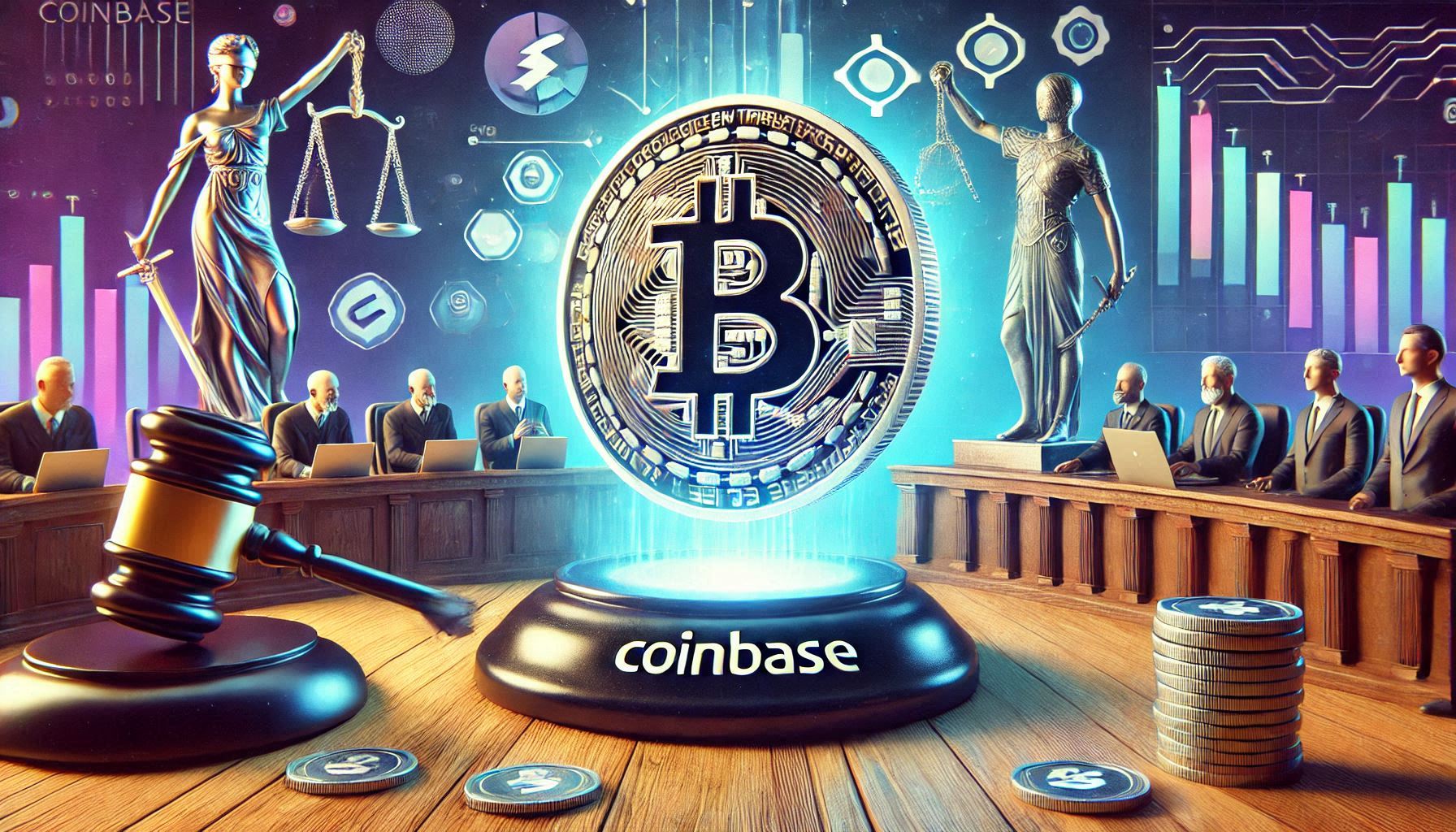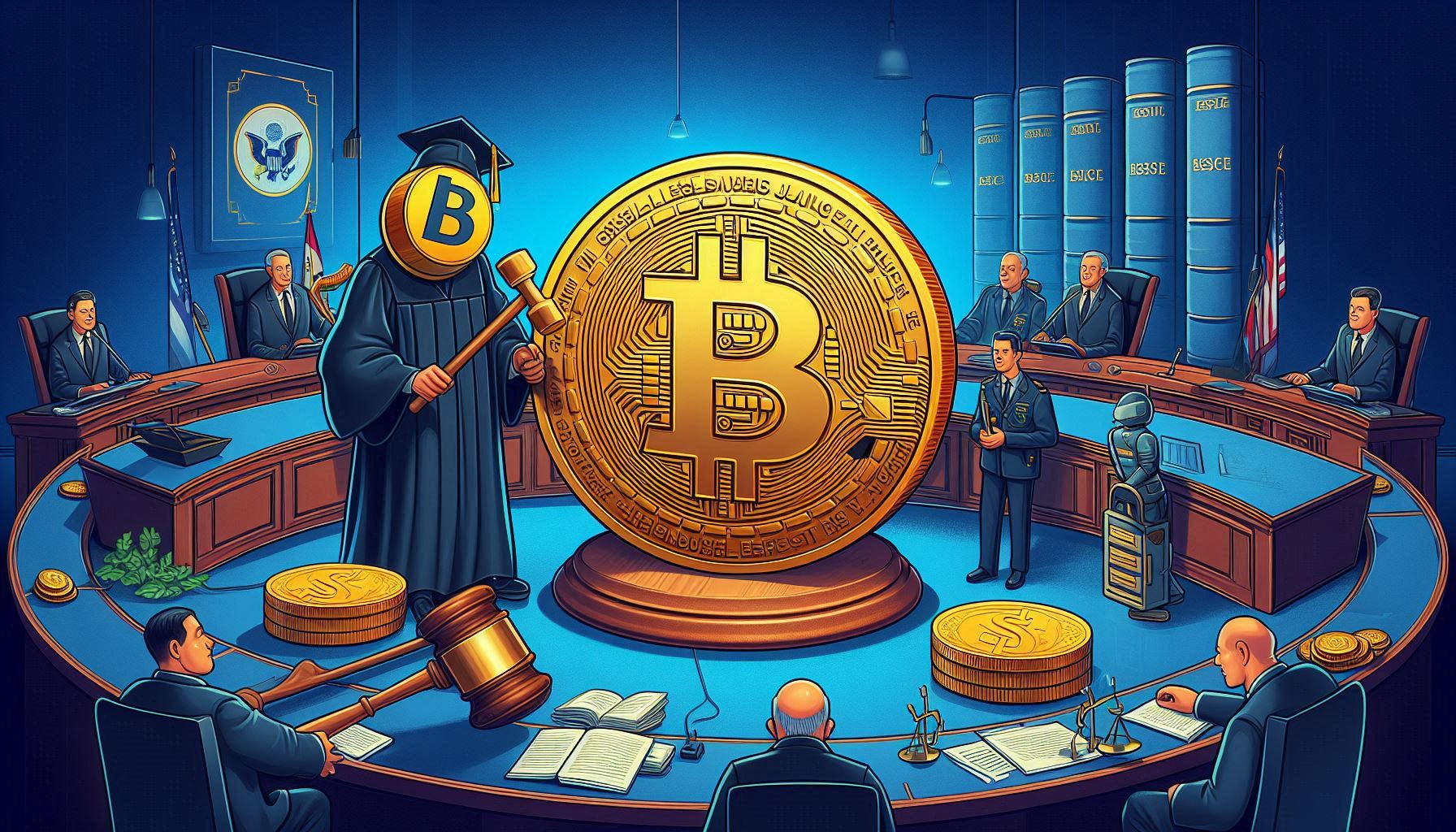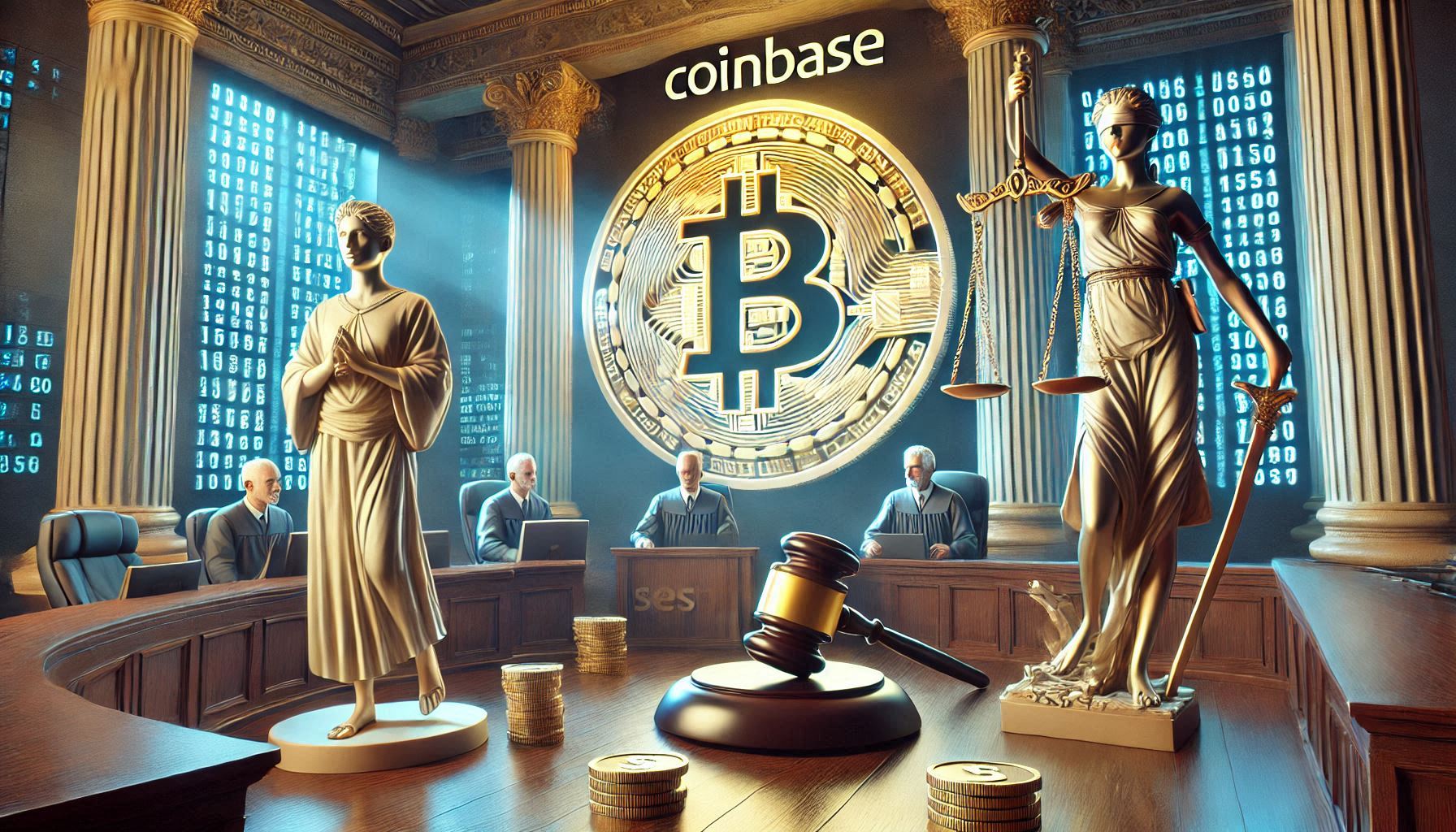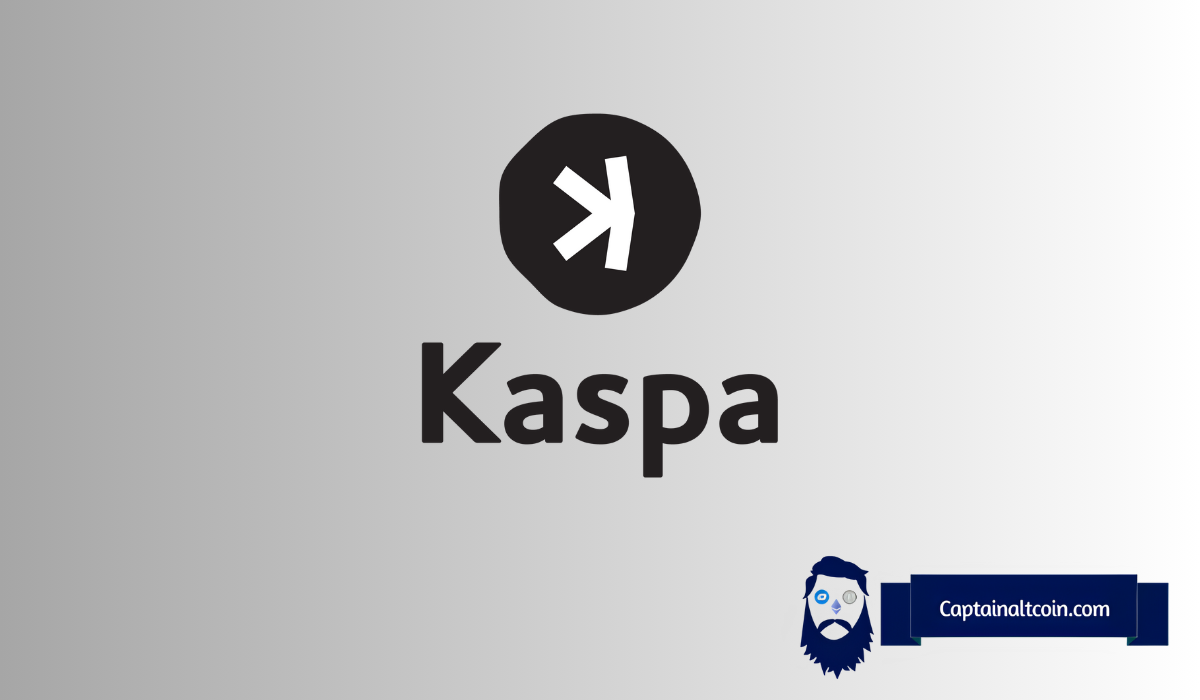Coinbase has just been declared victorious over the US Securities and Exchange Commission. This is based on reports coming in that a New York federal court has granted Coinbase an interlocutory appeal which freezes the district court proceedings in the case over whether existing securities laws apply to digital assets.
Court Grants Coinbase Appeal
In a ruling on January 7, Judge Katherine Polk Failla of the US District Court for the Southern District of New York awarded the right to Coinbase to contest the basic question that crypto assets form part of securities under US law.
Additionally, it stays the district court case while the U.S. Court of Appeals for the Second Circuit decides whether to hear the appeal. Coinbase Chief Legal Officer Paul Grewal tweeted on X:
“Over the strenuous objection of SEC, Judge Failla has granted our motion for leave to pursue an interlocutory appeal and stayed the district court litigation. We appreciate the Court’s careful consideration.”
Application of Howey Test Binding Over SEC Case
The SEC had allegedly charged Coinbase for being an unregistered securities exchange, broker, and clearing agency for the crypto-asset transactions. Whether certain transactions on the Coinbase platform constitute “investment contracts” under the Howey test is, objectively be considered security is the crux of the dispute.
The case goes back to Judge Failla, who, in March 2024, ruled that some of the transactions on the Coinbase platform satisfied all the elements of the Howey test. This was enough for Coinbase to ask for an interlocutory appeal, arguing that the application of securities laws to the crypto space is a matter of great public importance.


Ryan VanGrack, Coinbase’s VP of Legal, highlighted the unusual nature and importance of the ruling:
“Last April, we requested permission to file an ‘interlocutory appeal,’ or an early appeal. Today, Judge Failla granted our motion and paused the entire case until the Second Circuit Court of Appeals makes its decision on whether to hear our appeal.”
VanGrack said Judge Failla acknowledged the challenges with applying the Howey test to crypto transactions: “This is a big deal; it is rare for a district court to grant such a motion.”
Crypto Industry Implications
The appeal court’s decision on Coinbase could set a precedent in the crypto space because it could potentially address the messy parts that have been blocking transactions with digital assets for so long.
If the appeals court answers the core questions on how to classify crypto assets, it will impact how platforms like Coinbase operate in the U.S. and globally.


The case also reflects the broader industry push for more clarity on how cryptocurrencies are regulated. Many crypto advocates say the old legal frameworks, for example, the Howey test, do not account for the nature of digital assets and blockchain.
Conclusion
While Coinbase won the latest round in court against the SEC, the stakes for the crypto industry’s regulatory future couldn’t be higher. A decision on the interlocutory appeal might finally provide some much-needed clarity on how securities laws apply to digital assets and maybe even pave the way for reform in the US regulatory landscape.
The crypto industry is holding its breath as the Second Circuit Court of Appeals decides whether to take the appeal. It could mean everything or nothing for the industry.
The BIT Journal is available around the clock, providing you with updated information about the state of the crypto world. Follow us on Twitter and LinkedIn, and join our Telegram channel.
FAQs
1. What does an interlocutory appeal mean?
An interlocutory appeal is a procedural practice by which the parties may “appeal” to an appellate court seeking its review of some ruling prior to a case being decided in the lower court.
2. Why did Coinbase want to pursue an interlocutory appeal?
Coinbase sought an interlocutory appeal on whether crypto transactions were securities under the Howey test to get that issue resolved early in the case.
3. What is the Howey test?
The Howey test is the de facto legal criterion for whether something is an “investment contract,” one class of securities according to US securities law.
4. What might be the implications of this case?
This could bring some clarity about how securities laws apply to crypto as one factor in regulatory enforcement and the legal framework within which the industry will operate.
5. What next happens with this case?
The Second Circuit Court of Appeals will decide whether to take the case on appeal. Meanwhile, district court proceedings are stayed.












